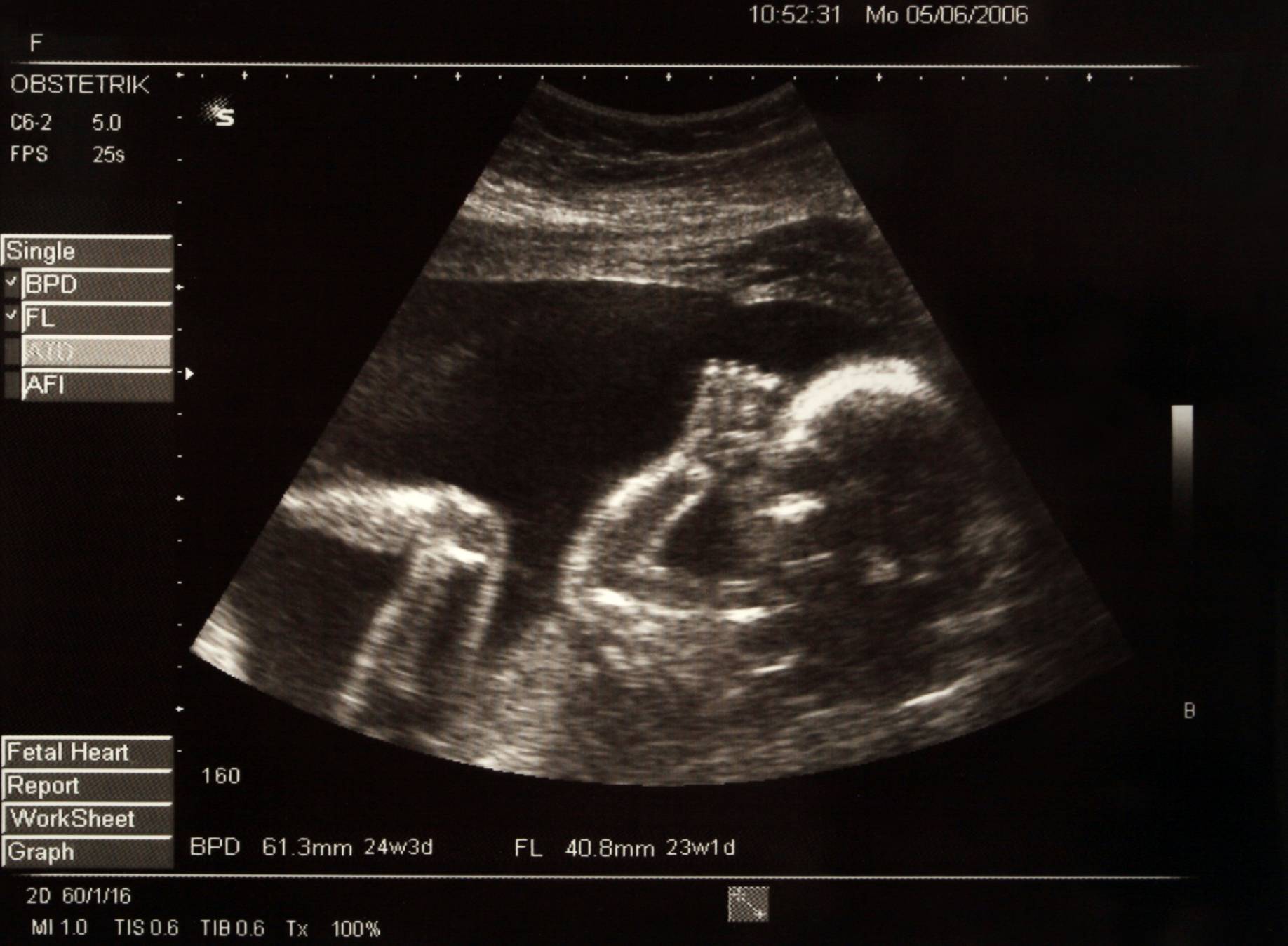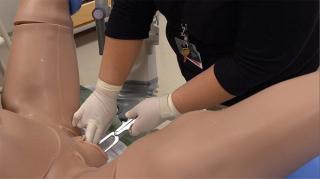
Pregnancy and Birth
Latest News

Latest Videos
CME Content
More News

Preventing congenital syphilis comes down to quick diagnosis and treatment of the infection in pregnancy, and the number of missed opportunities to do so in the United States continues to grow.

In a poster presented at ACOG 2024, investigators found that mean placental weight was higher in patients with asthma, and that pregnancy hormone levels do differ based on asthma status.

A pair of studies from AUA 2024 show neither drinking nor vaping by either parent is associated with significantly increased risk of a spontaneous abortion.

New data show women of specific race and ethnicity may more be adversely affected by the changing state-level laws on abortion access.
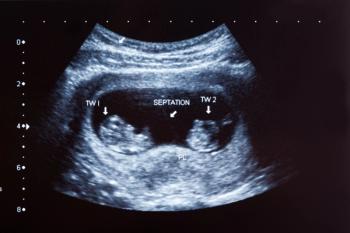
Learn how a mandatory elective single-embryo transfer policy in publicly funded in vitro fertilization programs significantly decreases multifetal pregnancy rates, offering insights into mitigating risks in assisted reproduction.

A recently published study in JAMA sought to determine if there is a link between acetaminophen use during pregnancy and children’s risk of developing autism, ADHD, or intellectual disabilities.
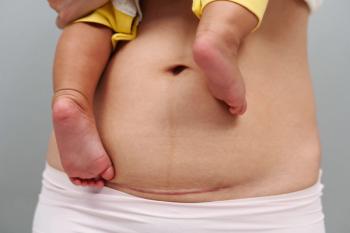
Recent research highlights an association between cesarean delivery at full dilation and increased risk of subsequent preterm birth, prompting further investigation into childbirth practices and outcomes.

A recent study dissected the relationships between maternal nativity, ethnicity, and race in influencing preterm birth rates, shedding light on disparities and suggesting avenues for future research.
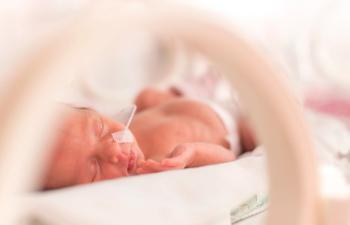
Investigating the potential association between second-stage cesarean delivery and heightened preterm birth risk revealed significant findings amidst concerns of bias, urging further exploration.

A recent systematic review highlighted a half-dozen methods to improve antenatal STI screening in low- and middle-income countries in need of better options.

Recent research highlighted an association between the total dose of prescribed opioids during pregnancy and the heightened risk of spontaneous preterm birth, emphasizing the need for judicious opioid use in pain management for expectant mothers.

A cohort analysis suggests autism may be poorly diagnosed among expectant mothers—and linked to poor birth outcomes.

Review some of the top stories from the Contemporary OB/GYN website over the last week, and catch up on anything you may have missed.

A comprehensive study reveals variations in monitoring low-risk cesarean delivery rates across 5 metrics, emphasizing the significance of timely and accurate assessment from birth certificate data.
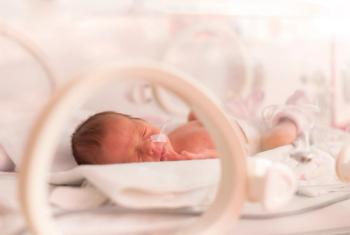
A recent study revealed vaginal progesterone offers no significant reduction in preterm birth risk for twin gestations, prompting reconsideration of its proposed efficacy.

A comprehensive cohort study explored the impact of inactivated COVID-19 vaccines administered within 3 months before conception, revealing reassuring findings that neonatal outcomes, including preterm birth and NICU admission, remain unaffected.

A recent study unveils a pragmatic model, incorporating factors such as insulin requirements, preeclampsia, and maternal age, to effectively predict primary cesarean delivery risk in pregnancies complicated by gestational diabetes mellitus.

Robert H. Hopkins, Jr, MD, discusses the importance of pregnant women receiving vaccines against respiratory diseases to protect themselves and their infants.

A 755% increase in reported cases since 2012 highlights the need for timely testing and treatment to prevent maternal and infant health risks.

A recent study in JAMA Network Open investigates the impact of extrauterine placental perfusion versus delayed cord clamping on hematocrit levels in newborns, shedding light on potential alternatives for optimizing infant outcomes during birth.
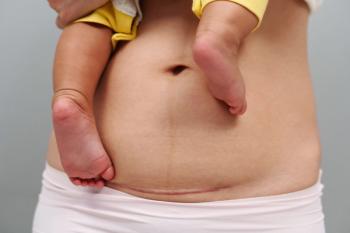
In a recent study, rates of urinary and anal incontinence were similar among patients receiving instructions for moderate vs intensive pushing for the active phase of second stage labor.

Review some of the top stories from the Contemporary OB/GYN website over the last week, and catch up on anything you may have missed.

In a recent study, models for embryo evaluation using artificial intelligence had strong accuracy.

In a recent study, women with an interpregnancy interval under 3 months, more often had worse pregnancy outcomes compared to those with an interval of 3 to under 6 months or of 6 to 12 months.

In a recent study, physical abnormalities were seen among children born from pregnancies complicated by fentanyl.



